Dias de Greve (2009)
strike
Genre : Drama, Documentary
Runtime : 24M
Director : Adirley Queirós
Synopsis
The struggle of a small group of blacksmiths trapped between keeping a long going strike with claims for better fees and the necessity of getting back to work when there's no money left for basic necessities.
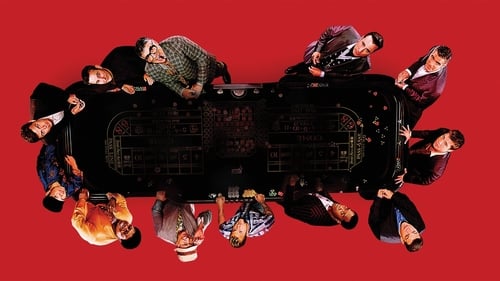
Danny Ocean's team of criminals are back and composing a plan more personal than ever. When ruthless casino owner Willy Bank doublecrosses Reuben Tishkoff, causing a heart attack, Danny Ocean vows that he and his team will do anything to bring down Willy Bank along with everything he's got. Even if it means asking for help from an enemy.

In 1992 – 500 years after the beginning of Spain's global empire with the discovery of America – Spain proudly presented itself to the international community as a modern, developed, dynamic country through the Olympic Games in Barcelona and the Expo in Seville. But for filmmaker Luis López Carrasco (1981, Murcia), 1992 was also the year in which the regional parliament building in Cartagena was razed during furious protests against the threatened closure of various local industries. El año del descubrimiento revives this almost forgotten history in a typical Spanish bar in Cartagena, where different generations come together to drink, eat, smoke and talk. Stories from witnesses, demonstrators and strikers from back then and discussions among younger café visitors on themes such as class consciousness, the economic crisis and the role of unions percolate to the surface amidst talk of other life issues.

During the troubled shooting of several movies, David, the prop man's assistant, meets an aspiring actress who tries to find work in the studio. Things get messy when the stagehands decide to go on strike.
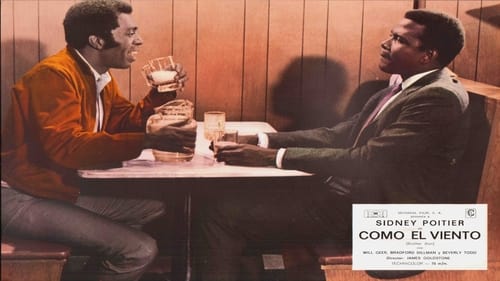
An enigmatic man (Sidney Poitier) returns to his Alabama hometown as his sister is dying of cancer and incites the suspicion of notable town officials.
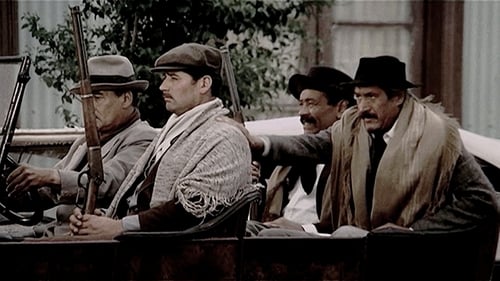
In 1920, workers from Patagonia, in Southern Argentina, gather around an anarcho-syndicalist society and go on strike, demanding better working conditions. When the situation turns unsustainable, President Yrigoyen sends Lieutenant Colonel Zavala to impose order.

Anna and Joe are newly married, playful and deeply in love. Joe is scraping by as cab driver in New York City during a period of corruption, mob control and violence between cab companies.

La Califfa's husband was killed during the strikes so she takes the side of the strikers. Her conflict with the plant owner Doverdo gradually turns into a love relationship.
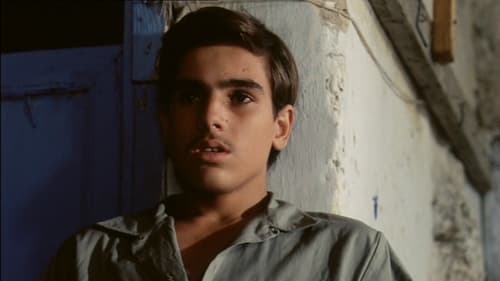
A fatherless family immigrates to Israel from Egypt during the British Mandate period. The film traces the hardships the family suffers in the politically unstable country.

Vitoria, Basque Country, Spain, March 3rd, 1976. After several months of protests demanding decent working conditions, representatives of struggling workers call for a general strike. In the church of San Francisco, in the working class neighborhood of Zaramaga, thousands of workers fill the temple in assembly. Outside, many more people gather and, in the middle, about a hundred heavily armed police officers wait to act.
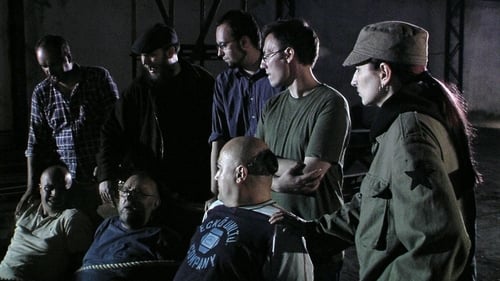
A mixture of documentary and fiction examines the new god of Capitalism offered to the Serbs with the ending of state socialism. We look at a number of strikes in Belgrade during the late 2000s and these introduce us to several characters playing themselves. Employees dressed in American football helmets and pads square up with employers' heavies in their bullet-proof vests, resulting in explosive situations. A visit from the Russian tycoon's representative and vice president Joe Biden's arrival further complicates the proceedings.

‘What do you want?’ asks the trade union leader, to which the men respond as if with one voice: change! Life is hard work on Liberia’s rubber plantations and wages are meagre. Nothing has changed for generations, but now the workers are calling for a strike and instead of grafting, the men are playing football or fishing.
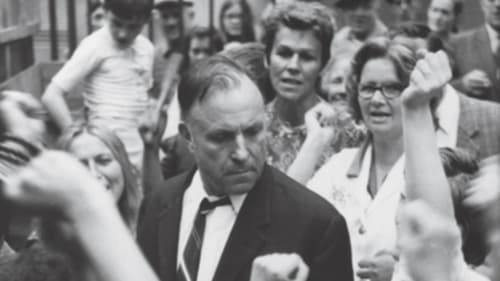
The film describes a strike in a French textile factory, when the striking workers occupy the factory.

There are 200 miserably impoverished people working in the Dongseong Metalworks Factory. JU Wan-ik is introduced to the forging team as a new member of the team and they all go drinking together to welcome him.

A group of Americans who live together in an old mansion somewhere in Sweden spend their time between working at the local airplane plant and hanging out with their revolutionary friends. Smoke has something going with his boss's daughter, but when the boss finds out, he has some dudes beat up Smoke. This leads to a strike among the workers, and a break between the boss and his daughter who goes to live with Smoke and his friends. In order to save his job from angry stockholders, the boss offers Smoke a sizable amount of money to end the strike; but when Smoke and the guys spend the money on guns things get out of hand.

The film is about the workers unpaid for six years who decide to lay down the driveway in front of their factory. Oki is an unemployed factory worker and union leader. His son Gruja is a movie director unemployed for ten years, he shoots weddings and funerals in order to survive and save enough money to shoot his first feature film. White, unemployed opera singer and Gruja's girlfriend, is trying to make money by singing opera arias from house to house. The story is about ruined factories and workers without someone to lead them to a better life.

The documentary features the British miners and their family experiences told through songs, poems, pictures and words.

A white and a blue collar worker fall in love during the 1980 strike at FIAT that marked the end for labor movement in Italy.

After the relatively low box office takings of 'Intolerance', D. W. Griffith would revisit his epic film three years later by releasing two of the film's interlocking stories as standalone features, with some new additional footage. The second of these was 'The Mother and the Law', which demonstrates how crime, moral puritanism, and conflicts between ruthless capitalists and striking workers help ruin the lives of marginal Americans.

A nun who acts as a counselor in a home for unwed mother undergoes political awakening when her friend and namesake belonging to the same congregation as hers inspires her to get involved in the struggle for justice and freedom of striking workers in a cooking oil company.
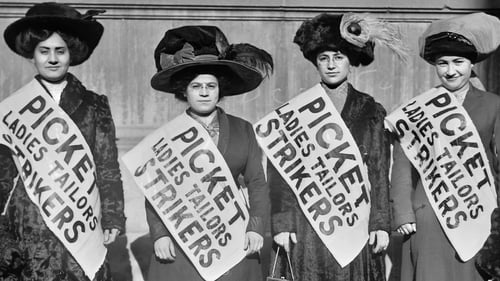
On March 25, 1911, a catastrophic fire broke out at the Triangle Waist Company in New York City. Trapped inside the upper floors of a ten-story building, 146 workers - mostly young immigrant women and teenage girls - were burned alive or forced to jump to their deaths to escape an inferno that consumed the factory in just 18 minutes. It was the worst disaster at a workplace in New York State until 9/11. The tragedy changed the course of history, paving the way for government to represent working people, not just business, for the first time, and helped an emerging American middle class to live the American Dream.



















